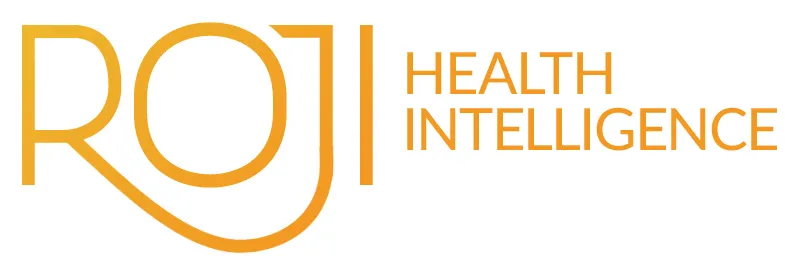I am not a card-carrying philosopher, although I did study philosophy as my undergraduate major. What I enjoyed most was epistemology, the theory of knowledge. We debated, hotly, from the standpoints of social interaction and humanism, “What is knowledge? What constitutes knowing?” But such philosophical debates are not relevant in medical care. Medicine is not […]
Deciphering Outcomes: Thirty Percent More of Nothing Is Still Nothing
Trying to pass a Bill through a legislature demands a hardy disposition. I have been involved in three attempts on different issues—one bill passed, one is still in limbo, and a third, the most salient for me, failed. In the latter case, I was the sole proposer of the Bill. My idea captured the imagination […]
“Just the Facts, Ma’am”
Communication, according to Webster’s: “exchange of information” You and I talk all the time. We are constantly “communicating.” Communication is a huge idea that encompasses and displays our views of the world. But communication is more than just the sum of the words used to communicate; the words are contextual. Raymond Carver wrote with simple, […]
Patients Deserve Truth-based Medicine—But Most Aren’t Getting It
“I have breast cancer; I read that I should not drink wine because it may cause my cancer to return. I always wanted to be a sommelier, but that dream is dashed!” People, sensibly, read about their medical conditions, searching for things that might help or hurt them. However, patients are vulnerable. Their vulnerability may […]
For Tough Medical Decisions, Hard Choices Require Hard Facts—Not Conventional “Wisdom”
What matters in medical decisions is what we know, not what we think. In the late 1980’s I cared for a pregnant woman with breast cancer. Breast cancer is the most common form of cancer in pregnancy, but uncommon in frequency, occurring in about 1 in 3,000 pregnant women. Providing and receiving treatment is certainly […]
Medical Treatment Should Be Based on More Than Just “Doing Something”
Memory is malleable. This was made quite clear to me at my recent 50th high school reunion. Despite my fallacious recollections, I could not dispute the data of my forgotten activities, awards and foibles captured in pictures and written comments in my high school yearbook. Then there were the comments about my behaviors “back then,” […]
Physician-Patient Interaction: Where We Should Begin to Measure and Improve Medicine
Data is not always the path to identifying good medicine. Quality and cost measures should not be perceived as “scores,” because the health care process is neither simplistic nor deterministic; it involves as much art and perception as science—and never is this more the case than in the first step of that process, making a […]
How to Recognize “Fake” Medical News — And Why It Matters
Is coffee good for you? A recent headline suggested that people who drink coffee live longer. Sounds great to me. I drink a lot of coffee, so maybe I will be immortal. But, wait, another report links coffee to cancer. Dang. Estrogens were once touted as a life saving elixir for women of elegant ages, […]
It’s Not What We Don’t Know That Hurts Us: It‘s What We “Know” That Isn’t So
Making a decision is a—or really—“the” fundamental activity of life. The decisions we make, the consequences of those decisions, our feelings about the consequences, our interpretation of whether we made a good or bad decision based on those consequences, in total, form the basis of our life’s experiences, and, often, how we decide the next […]
Physician Comparisons Based on Performance Don’t Tell the Right Story
Medical decision-making requires a comparison. There is, most often, more than a single option for your care. New tests and treatments are constantly being added to the medical portfolio by scientific inquiry. The only way to advance care, in fact, is by comparing options. Comparing incites a difficult task, however: the compared option that is […]










